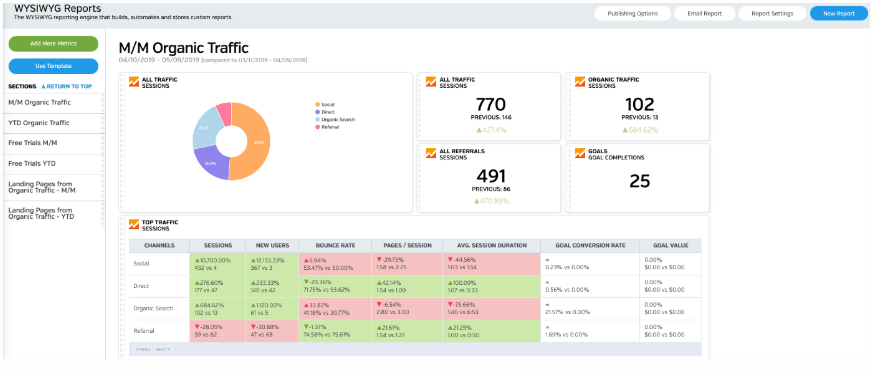One thing to keep in mind when educating clients is where they fall on the learning curve and how motivated are they in learning new concepts. This will impact how much more they can learn.
Before you go into a detailed lecture about technical SEO with a client, first assess their current understanding of SEO. They may be accepting myth as fact, for example. You may need to explain how search engines work in general. If clients need a lot of help understanding the basics, then introduce them to resources they can study between meetings.
Teach in the Zone
People are capable of learning on their own but are much more educable when assisted by an expert — like you.
Soviet psychologist Lev Vygotsky calls this concept the Zone of Proximal Development. If you teach just above your client’s potential, he or she is more likely to stretch and learn more. This sweet spot is the middle band.
Teaching advanced concepts too early will only confuse your client. Don’t kill people with jargon. On the other hand, don’t bore them to death. In meetings, ask questions to make sure people are following you and watch for glazed over eyes.
Your job is to educate, but it’s also to re-educate clients on some subjects. If clients have a warped view of something, like buying links, make that a teaching moment. Wrong information is almost worse than having no knowledge of a subject at all.
“What they know can be as damaging as what they don’t know.”
Psychologists further developed Vygotsky’s “Zone of Proximal Development” theory, introducing the concept of scaffolding. When you build a building, you put up scaffolding while it’s reaching greater heights. Once the building is finished, you remove the scaffolding.
Educating clients can take time, but you can eventually remove the scaffolding. Once a client has a grasp of the importance of your work, it’s okay to invest less energy in educating them. The key is to make sure they have the knowledge they need in order to trust your strategy and work.
Look for Teaching Moments
After you know that you’re teaching at the right level, remember the following:
- Spread out teaching over time rather than having long meetings.
- Use real-world examples when explaining concepts.
- Look for ways to engage people based on their motivations to learn.
- Present information in multiple ways.
Source: Columbia University Teaching Center [PDF]
Simply reminding yourself that your client is a student as well as a partner paying you for services will go a long way toward making your working relationship healthy. Look for ways to use these psychological theories. For instance, when preparing reports for clients, include educational resources using various mediums.
If you’re reporting on rankings using Google Webmaster Tools data, you could include an infographic on understanding Google average rankings to give context. Using Raven’s reporting engine, you can easily attach or embed additional information alongside automated reports. Here’s an example of a live report that uses visuals to supplement reporting.
Nurturing your client’s desire for knowledge over time will create a mutually beneficial working relationship. Taking a mentoring approach builds trust and helps mange expectations, reinforcing the service your provide without resorting to blatant self promotion.
You’ll build credibility that way and retain clients longer.
What lessons have you learned while educating clients?

White Labeled and Branded Reports. Drag and Drop Editor. Automate your SEO, PPC, Social, Email, and Call Tracking Reporting.



